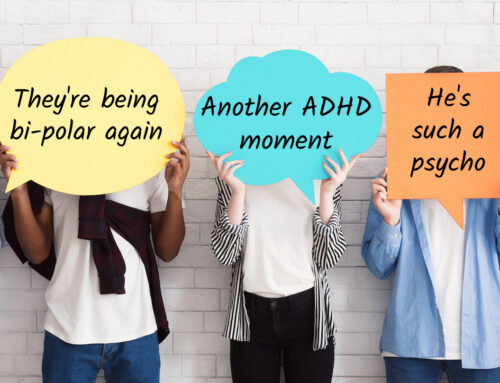By: Caroline Spearman Psy.D.
Over the past decade, a growing body of evidence has shown that nutrition directly impacts mood. Specifically, a healthy diet can prevent depression, while an unhealthy diet increases the risk of various diseases. Recent studies now show that a healthy diet may not only prevent depression, but can also help to treat it. A recent article in the Wall Street Journal summarized these research findings. One particular study examined whether improving the diets of people with major depression would also improve their mood. Half of the participants engaged in nutritional counseling while the other half received one-on-one social support. After 12 weeks, the individuals who changed their diets had significantly happier moods than those who received social support. Furthermore, the individuals who changed their diets the most experienced the most improvement. Another similar study found that elderly adults who eat vegetables, fruits, and whole grains are less likely to develop depression over time.
Although healthy eating shouldn’t replace therapy or medication, nutrition should be considered as a supplemental treatment. At the very least, individuals who suffer from depression or are at greater risk for a mood disorder should monitor their diet. The research has shown that a Mediterranean-style diet consisting of fruits, vegetables, extra-virgin olive oil, yogurt, cheese, legumes, nuts, seafood, whole grains, and small portions of red meat is recommended to nourish the brain, regulate inflammation, and support healthy gut bacteria. Some specific nutrients to consider introducing into your diet include:
Vitamin B- An ingredient that helps produce serotonin (the transmitter that regulates mood and sleep). Sources include: pistachios, garlic, salmon, tuna, chicken, spinach, cabbage, bananas, sweet potatoes, avocados, whole grains
DHA- The main omega-3 fat in the brain that protects neurons and promotes the birth of new brain cells. Sources include: wild salmon, oysters, anchovies, mackerel, mussels
Prebiotics- Foods that help the good microbes in our gut thrive. Sources include: onions, asparagus, artichokes, garlic, bananas, oats
Probiotics- Live bacteria and yeasts that replenish the good bacteria in our microbiome. Sources include: yogurt, sauerkraut, kefir, kimchi, turnips, cucumbers, carrots
Overall, there is a clear connection between food and mood that can be taken advantage of with few dietary changes. Further information can be accessed through the resources below.
References and Further Reading:
How Food Effects Your Moods
The Food That Helps Battle Depression
Jacka, F.N., O’Neil, A., Opie, R., Itsiopoulos, C., Cotton, S., Mohebbi, M..,Berk, M. (2017).
A randomised controlled trial of dietary improvement for adults with major depression (the ‘SMILES” trial). BMC Medicine, 15(23), doi: 10.1186/s12916-017-0791-y
Parletta, N., Zarnowiecki, D., Cho, J., Wilson, A., Bogomolova, S., Villani, A…O’Dea, K.
A. (2017). Mediterranean-style dietary intervention supplemented with fish oil improves diet quality and mental health in people with depression: A randomized controlled trial (HELFIMED). Nutritional Neuroscience, doi: 10.1080/1028415X.2017.1411320






